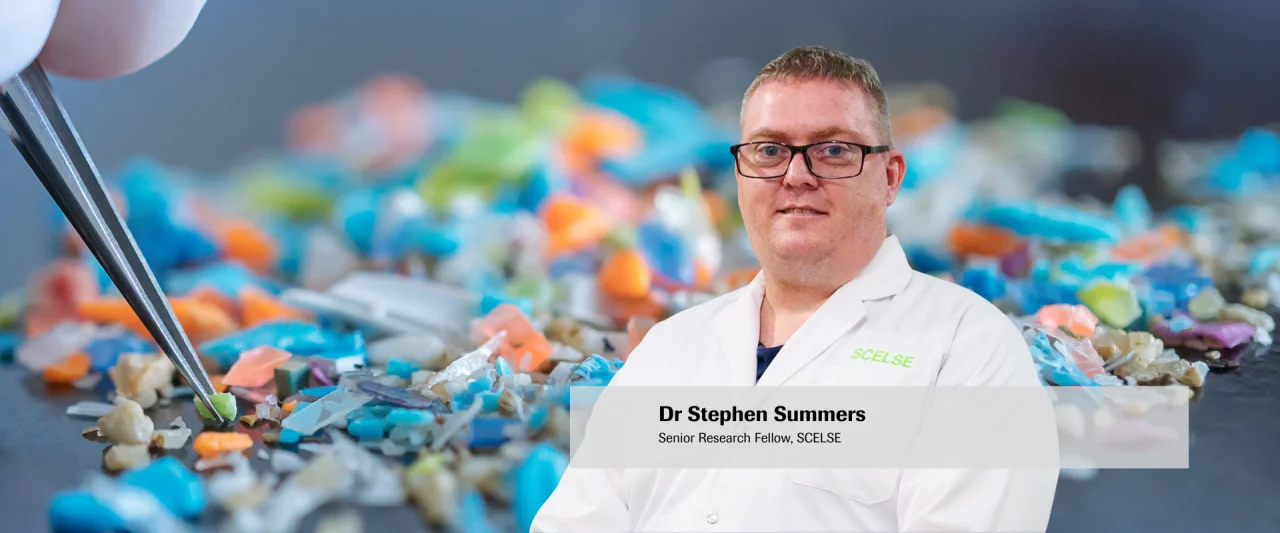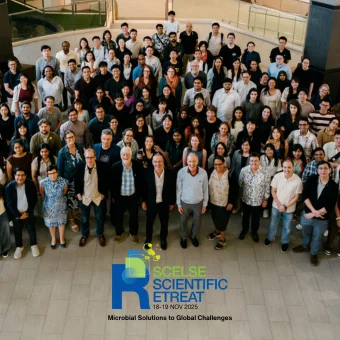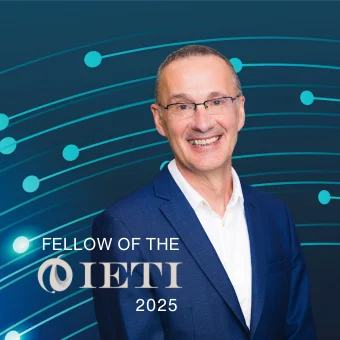CNA 938 interview: SCELSE’s expert talks about microplastic ingestion
Dr Stephen Summers highlighted that nanometer-scale plastics “may pose a risk by triggering inflammatory responses”.

- Featured
- 12 Jun 2024
Having conducted research on microplastics/nanoplastics for more than 15 years, SCELSE’s expert – Dr Stephen Summers – shares with Channel NewsAsia (CNA) 938 about the rising issue of microplastics ingestion in our region. Here’s a summary of the ‘live’ interview with SCELSE’s Senior Research Fellow:
There has been an increasing level of microplastics ingestion in Southeast Asia. Dr Summers shared insights on how microplastic particles are identified using advanced infrared lasers and explained that one of the primary contributors is the less stringent waste management processes in the region, allowing plastics to enter the natural environment and eventually make their way into our food chain.
He highlighted the importance of monitoring this issue, particularly due to our proximity to high microplastic-consuming countries like Indonesia and Malaysia. “We should monitor this issue closely, especially given our proximity to high microplastic-consuming countries. While microplastics are ubiquitous and often pass through the body without causing significant harm, the smaller nanometer-scale plastics may pose a risk by triggering inflammatory responses,” said Dr Summers.
He emphasized the importance of following the principles of reduce, reuse, and recycle to mitigate environmental impact.
However, in cases where plastic is unavoidable, he said, “When required, we should look for alternative to conventional plastics, such as degradable bioplastics like PLA, as these may have a lower environment cost than fossil fuel derived plastics.”
He also spoke about the effectiveness of policies like plastic bag charges in changing consumer behavior and reducing single-use plastics.
“The best way to mitigate the environmental impact of plastic is to follow the principles of reduce, reuse, and recycle. Policies like plastic bag charges have been very effective in changing consumer behavior and reducing single-use plastics,” he noted.
Let’s all play our part in reducing plastic pollution and safeguarding our marine environments!
For the full eight-minute interview, listen to CNA’s interview (zip to 08:45) that was conducted ‘live’ on 11 Jun 2024.




